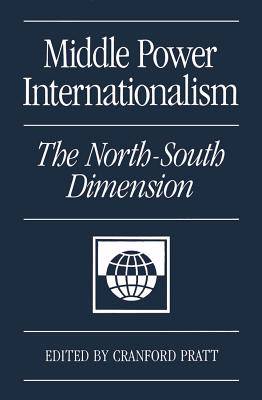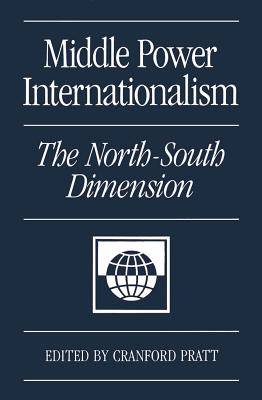
Je cadeautjes zeker op tijd in huis hebben voor de feestdagen? Kom langs in onze winkels en vind het perfecte geschenk!
- Afhalen na 1 uur in een winkel met voorraad
- Gratis thuislevering in België vanaf € 30
- Ruim aanbod met 7 miljoen producten
Je cadeautjes zeker op tijd in huis hebben voor de feestdagen? Kom langs in onze winkels en vind het perfecte geschenk!
- Afhalen na 1 uur in een winkel met voorraad
- Gratis thuislevering in België vanaf € 30
- Ruim aanbod met 7 miljoen producten
Zoeken
€ 186,95
+ 373 punten
Omschrijving
During the 1970s the picture looked very different. The countries involved in the Organization for Economic Co-operation and Development gave the impression that they felt it their duty to help the Third World. Since the beginning of the 1980s, however, this attitude has disappeared from the foreign policy agenda of one developed country after another. It seems that only when a state's self-interest is at risk does a concern for humanistic values emerge. Canada, Denmark, the Netherlands, Norway, and Sweden -- the key middle powers -- have long been regarded as significantly more responsive to the needs of the Third World than most of the other rich industrialized nations. Middle Power Internationalism helps to identify the scope and limitations of the foreign policies of these middle power countries with respect to what Cranford Pratt terms humane internationalism. Asbjrn Lvbraek describes the major effort in the 1970s to mobilize middle power support for the New International Economic Order. Bernard Wood considers the prospects for effective co-operation between the middle powers of the North and the South. And Raphael Kaplinsky studies the likely impact of new technologies and new methods of production on the economies, and consequently on the North-South policies, of the industrial middle powers. Cranford Pratt concludes with a reflective essay in which he discusses the constraints upon middle power internationalism and the future of middle power diplomacy.
Specificaties
Betrokkenen
- Auteur(s):
- Uitgeverij:
Inhoud
- Aantal bladzijden:
- 176
- Taal:
- Engels
Eigenschappen
- Productcode (EAN):
- 9780773507258
- Verschijningsdatum:
- 1/04/1990
- Uitvoering:
- Hardcover
- Formaat:
- Genaaid
- Afmetingen:
- 155 mm x 231 mm
- Gewicht:
- 385 g

Alleen bij Standaard Boekhandel
+ 373 punten op je klantenkaart van Standaard Boekhandel
Beoordelingen
We publiceren alleen reviews die voldoen aan de voorwaarden voor reviews. Bekijk onze voorwaarden voor reviews.









